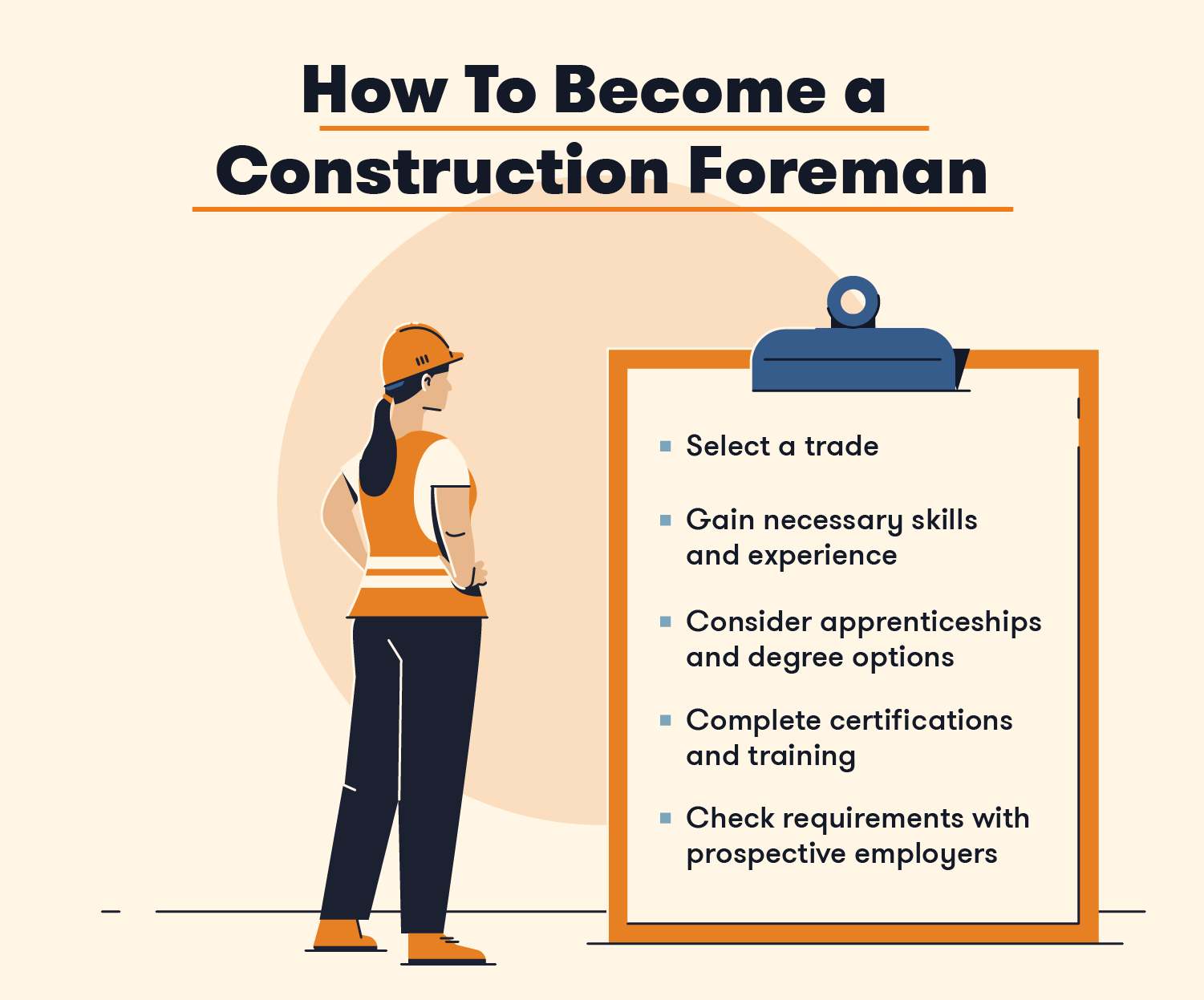
An event manager position description outlines the duties, responsibilities, skills, and qualifications required for an event manager role. It serves as a guide for hiring managers and candidates, ensuring a clear understanding of the role’s expectations and requirements.
A well-defined event manager position description is crucial for several reasons:
- It attracts qualified candidates by providing a transparent overview of the role.
- It helps hiring managers evaluate candidates objectively and identify the best fit for the position.
- It sets performance expectations and provides a benchmark for employee evaluation.
Typically, an event manager position description includes the following sections:
- Job title and summary: A concise statement describing the role’s title and primary responsibilities.
- Duties and responsibilities: A detailed list of tasks and activities the event manager is expected to perform.
- Qualifications and skills: The minimum and preferred qualifications, skills, and experience required for the role.
- Compensation and benefits: An overview of the salary range, benefits package, and other perks offered.
By providing a clear and comprehensive description of the event manager position, organizations can effectively attract, hire, and retain top talent for their event management needs.
You can ask for more information if needed.
1. Duties and Responsibilities
The duties and responsibilities section of an event manager position description is crucial as it outlines the specific tasks and activities the event manager will be accountable for. By clearly defining these duties and responsibilities, organizations can ensure that candidates have a thorough understanding of the role’s expectations and requirements.
- Planning: Event managers are responsible for planning all aspects of an event, from concept development to vendor selection and budget management.
- Organizing: Once the event is planned, event managers must organize all the logistics, including venue setup, vendor coordination, and attendee registration.
- Executing: On the day of the event, event managers are responsible for ensuring that everything runs smoothly, from setup to breakdown.
- Evaluating: After the event, event managers must evaluate its success and identify areas for improvement. This may involve collecting feedback from attendees and vendors, as well as reviewing financial performance.
By clearly defining the duties and responsibilities of an event manager, organizations can ensure that they hire qualified candidates who have the skills and experience necessary to plan, organize, execute, and evaluate successful events.
2. Qualifications and Skills
The qualifications and skills section of an event manager position description is crucial as it outlines the specific requirements and expectations for the role. By clearly defining the qualifications and skills, organizations can ensure that candidates have the necessary knowledge, abilities, and experience to be successful in the position.
The qualifications and skills section typically includes the following components:
- Education: The minimum and preferred educational qualifications required for the role, such as a bachelor’s or master’s degree in event management, hospitality, or a related field.
- Certifications: Any industry-recognized certifications that are required or preferred for the role, such as the Certified Meeting Planner (CMP) or Certified Special Events Professional (CSEP) certification.
- Experience: The minimum and preferred years of experience in event management or a related field, as well as the specific types of events the candidate has experience planning and managing.
- Skills: The hard and soft skills required for the role, such as project management, budgeting, vendor management, communication, and customer service skills.
By clearly defining the qualifications and skills required for an event manager position, organizations can ensure that they hire qualified candidates who have the knowledge, skills, and experience necessary to plan, organize, execute, and evaluate successful events.
In addition, the qualifications and skills section can also serve as a marketing tool to attract top talent. By highlighting the specific requirements and expectations for the role, organizations can demonstrate that they are committed to hiring qualified and experienced event managers.
3. Compensation and Benefits
The compensation and benefits package is an essential component of an event manager position description as it outlines the financial rewards and perks that are offered to attract and retain qualified candidates. By providing a competitive compensation and benefits package, organizations can demonstrate their commitment to attracting and retaining top talent.
The compensation and benefits package typically includes the following components:
- Salary: The annual or monthly salary offered for the role, which is typically commensurate with the candidate’s experience, skills, and qualifications.
- Benefits: A package of benefits that may include health insurance, dental insurance, vision insurance, paid time off, sick leave, and retirement benefits.
- Perks: Additional perks that may be offered, such as flexible work hours, professional development opportunities, and discounts on event-related services.
By offering a competitive compensation and benefits package, organizations can attract and retain qualified event managers who are motivated to perform at their best. A well-compensated and well-rounded benefits package can also help organizations to reduce employee turnover and improve morale.
In addition, the compensation and benefits package can serve as a marketing tool to attract top talent. By highlighting the competitive compensation and benefits package offered, organizations can demonstrate that they are committed to attracting and retaining the best possible event managers.
4. Company Culture and Values
The company culture and values section of an event manager position description is crucial as it outlines the organization’s culture, values, and mission, and how the event manager’s role aligns with these. By highlighting the company’s culture and values, organizations can ensure that candidates are a good fit for the organization and that their personal values align with the organization’s overall mission and objectives.
The company culture and values section typically includes the following components:
- Mission statement: A statement that outlines the organization’s purpose and goals.
- Values: A list of the core values that the organization holds dear, such as integrity, teamwork, and innovation.
- Culture: A description of the organization’s culture, including its work environment, communication style, and employee engagement initiatives.
By clearly defining the company’s culture and values, organizations can ensure that they hire event managers who are a good fit for the organization and who share the same values. A strong cultural fit can lead to increased employee satisfaction, productivity, and retention.
In addition, the company culture and values section can also serve as a marketing tool to attract top talent. By highlighting the organization’s positive culture and values, organizations can demonstrate that they are a great place to work and that they are committed to attracting and retaining the best possible event managers.
FAQs on Event Manager Position Description
This section addresses frequently asked questions (FAQs) about event manager position descriptions to provide a comprehensive understanding of their purpose, benefits, and key components.
Question 1: What is the purpose of an event manager position description?
An event manager position description outlines the duties, responsibilities, qualifications, and skills required for the role. It serves as a guide for hiring managers and candidates, ensuring a clear understanding of the role’s expectations and requirements.
Question 2: What are the benefits of having a well-defined event manager position description?
A well-defined event manager position description attracts qualified candidates, helps hiring managers evaluate candidates objectively, and sets performance expectations and provides a benchmark for employee evaluation.
Question 3: What are the key components of an event manager position description?
Typically, an event manager position description includes the job title and summary, duties and responsibilities, qualifications and skills, and compensation and benefits.
Question 4: How can organizations use an event manager position description to attract top talent?
By providing a clear and comprehensive description of the event manager position, organizations can effectively attract and retain top talent for their event management needs.
Question 5: How can an event manager position description help organizations retain employees?
A well-defined event manager position description sets clear performance expectations and provides a benchmark for employee evaluation, which can contribute to employee retention.
Question 6: How can organizations ensure that an event manager position description is effective?
Organizations can ensure the effectiveness of an event manager position description by regularly reviewing and updating it to reflect changes in the role’s requirements and the organization’s overall goals.
Understanding the purpose, benefits, and key components of an event manager position description is crucial for organizations to effectively attract, hire, and retain top talent for their event management needs.
Transition to the next article section: Understanding the Importance of Event Management in Achieving Organizational Objectives
Tips for Crafting an Effective Event Manager Position Description
An event manager position description is crucial for attracting and hiring top talent for your event management team. Here are five tips to help you create an effective position description that will help you find the best possible candidate:
Tip 1: Clearly Define the Role’s ResponsibilitiesThe first step in creating an effective event manager position description is to clearly define the role’s responsibilities. This includes outlining the specific tasks and activities that the event manager will be responsible for, such as planning, organizing, executing, and evaluating events.Tip 2: Specify the Required Qualifications and SkillsOnce you have defined the role’s responsibilities, you need to specify the required qualifications and skills. This includes the minimum and preferred educational qualifications, certifications, and experience required for the role.Tip 3: Offer a Competitive Compensation and Benefits PackageIn order to attract top talent, you need to offer a competitive compensation and benefits package. This includes a competitive salary, as well as benefits such as health insurance, paid time off, and retirement benefits.Tip 4: Highlight the Company Culture and ValuesThe company culture and values are an important part of any job description. By highlighting the company culture and values in the event manager position description, you can attract candidates who are a good fit for your organization.Tip 5: Review and Update RegularlyThe event manager position description is a living document that should be reviewed and updated regularly. As the role changes and the organization’s needs evolve, the position description should be updated to reflect these changes.By following these tips, you can create an effective event manager position description that will help you attract and hire the best possible candidate.
Summary of Key Takeaways:
- A clear and concise position description attracts qualified candidates.
- Well-defined responsibilities and requirements ensure candidate alignment.
- A competitive compensation and benefits package enhances talent acquisition.
- Emphasizing company culture fosters a sense of belonging and fit.
- Regular review and updates maintain the position description’s relevance.
By implementing these tips, organizations can effectively acquire and retain exceptional event managers.



